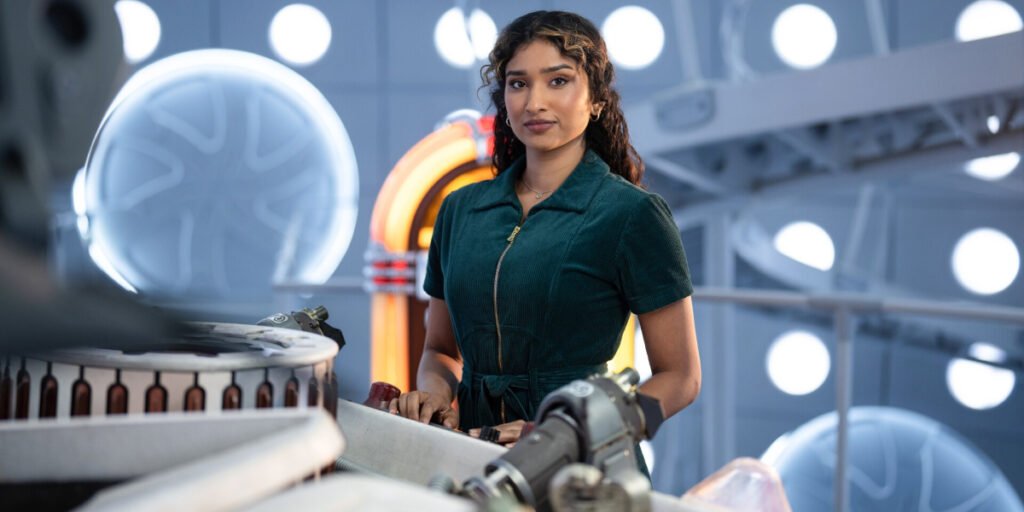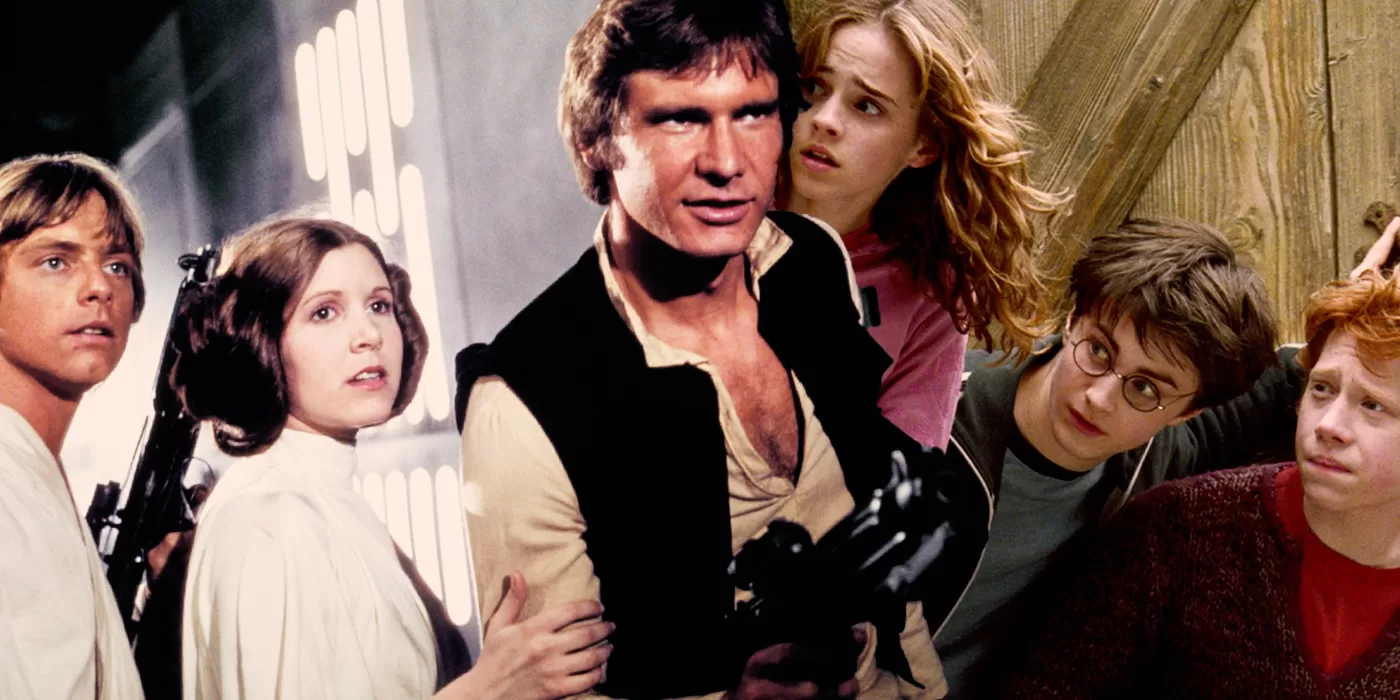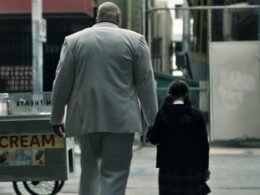Disney, BBC, and Ncuti Gatwa are returning for the second season of Doctor Who on April 12. The last episode, “Joy to the World,” only released last Christmas, but the wait for the second season has felt disproportionately long. The new installment introduces Varada Sethu as The Doctor’s latest companion, Belinda Chandra, previously seen in the Season 1 episode “Boom.” The marketing has ramped up for Doctor Who Season 2, with trailers, BBC idents, and TV spots being spotted all over the place. They have even released a few posters that are some of the best Doctor Who has produced.
Last week, Agents of Fandom writer Christopher Mills attended the Doctor Who Season 2 press conference. There, he asked Varada Sethu how it felt to be part of the first TARDIS team solely composed of people of color, both for the duo and for audiences watching the show; this was a monumental milestone for the 61-year-old series.
Racial Pressures Aren’t Lost on Varada Sethu and the ‘Doctor Who’ Cast

“That was something that we acknowledged quite early on. We just both had this moment, as like, ‘Look at us, look at us!’ It meant a huge amount. I try not to take on the pressure of being the first of anything — it takes away in some ways the joy, because you don’t want to feel like you’re being scrutinized.”
—Varada Sethu during the Doctor Who Season 2 press conference
Doctor Who has always been known to be a show that updates with the times. It’s why it’s so beloved and why fans are able to connect to it personally through its characters and some of the stories that they manage to tell. Although Ncuti Gatwa is not the first Black Doctor, as we did have the Fugitive Doctor played by Jo Martin, Ncuti is the first mainline incarnation to be played by a Black person.
The Doctor Who fandom can sometimes be a lot to handle, and the worst of the group has made it hard past changes like Jodie Whittaker playing the first female Doctor. It was going to be more of the same with The Doctor not returning to the face of a white male, which the show has had for 60+ years. For an alien that can change his face to anything in all of time and space, you would expect there to be more variance than there has been, but unfortunately, some fans will never be able to accept that.
‘Doctor Who’ Has a Rich History of Representation

“I’m getting messages from people all around the world saying it means a lot to see a brown person, or a team that is comprised of people of color. It means a lot to me personally. But also, it’s lovely to hear that it’s the same for other people out there.”
—Varada Sethu during the Doctor Who Season 2 press conference
Sethu talks about how, after filming the season, she was able to appreciate the significance of people seeing a brown person on their screen or a team that’s comprised of people of color. Doctor Who is a show that has always had representation, and it’s not the first time a person of color has been a companion. There’s been Martha (Freema Agyeman), who appeared in Russell T Davies‘ first run on Doctor Who, and, just with the Thirteenth Doctor, we had a Brown companion played by the talented Mandip Gill.
There will be people who will try to blame the ratings of the show on factors such as this, but the honest truth is that having a team comprised solely of people of color represents the core of what Doctor Who is; yes, this is a show about a time traveler in a blue police box, but it also teaches its viewers about the current political and social issues in the world. For a show lasting 60+ years, we’d argue that it’s still going strong, and there’s no reason why they should switch up how they choose to further represent groups when it helps their viewers feel seen and loved. If anything, it feels like the right message a show like Doctor Who should be sending to its fans.
Follow the Agents of Fandom socials for the latest entertainment news and reviews!











